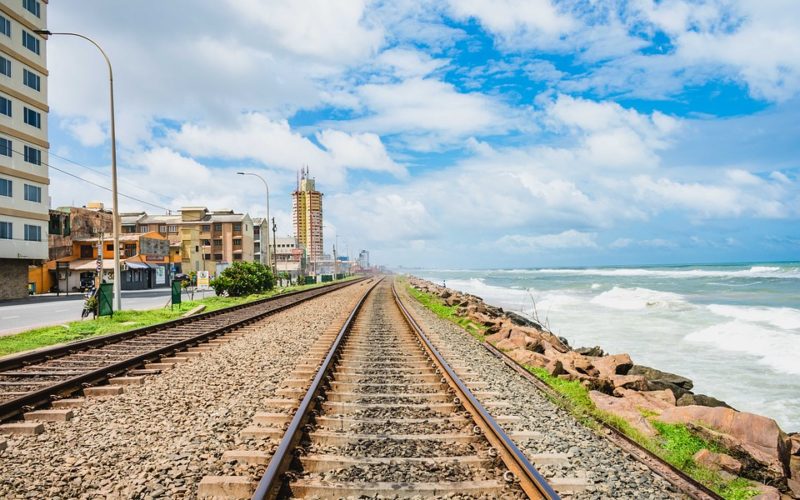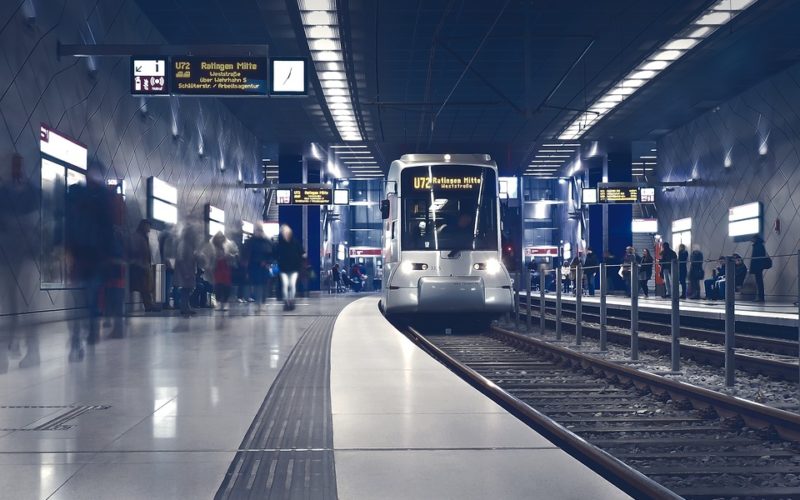An efficient and effective transport network is a vital component of a thriving economy. Good transport links enable the seamless movement of people and goods, fostering economic growth, reducing operational costs, and increasing accessibility.
Facilitating trade and commerce
One of the primary benefits of robust transport links is the facilitation of trade and commerce. Efficient logistics and transportation systems allow businesses to receive raw materials and deliver finished products promptly. This not only reduces lead times but also helps companies remain competitive in the global market. When transport links are well-developed, it encourages local and international businesses to invest in the region, boosting economic activity and creating jobs.
In addition, good transport links reduce the risk of supply chain disruptions. Reliable transport networks ensure that goods can be moved quickly and efficiently, minimising delays and maintaining the smooth flow of trade. This stability is crucial for businesses that operate on just-in-time inventory systems, as it allows them to manage stock levels more effectively and meet customer demands promptly.
Enhancing workforce mobility
A well-connected transport network enhances workforce mobility by enabling people to commute easily between their homes and workplaces. This expanded access to job opportunities can lead to lower unemployment rates and a more dynamic labour market. When workers can travel efficiently, they can access a broader range of employment options, which can lead to better job matches and increased productivity.
Furthermore, improved transport links can reduce commuting times, leading to a better quality of life for workers. Shorter commutes mean that employees have more time to spend with their families, engage in leisure activities, and contribute to their communities. This increased well-being can result in a more motivated and productive workforce, ultimately benefiting the economy.
Supporting tourism and local businesses
Tourism is a significant contributor to many economies, and good transport links play a crucial role in attracting visitors. Efficient transport networks make it easier for tourists to access various attractions, accommodation, and services, encouraging longer stays and higher spending. This influx of visitors can provide a substantial boost to local businesses, from restaurants and shops to hotels and entertainment venues.
Additionally, strong transport links can help promote regional development by connecting rural and peripheral areas to urban centres. This increased connectivity can stimulate economic activity in less-developed regions, creating new opportunities for local businesses and residents.
Reducing environmental impact
Good transport links can also contribute to a more sustainable economy by reducing the environmental impact of transportation. Modern, efficient transport systems can help minimise greenhouse gas emissions and reduce air pollution. For example, well-planned public transport networks can encourage people to use buses, trains, and trams instead of private cars, leading to fewer vehicles on the road and lower emissions.
Investing in green transport infrastructure, such as electric vehicles and cycling lanes, can further reduce the environmental footprint of transportation. These initiatives not only benefit the environment but also contribute to public health by improving air quality and promoting active lifestyles.
Fostering innovation and collaboration
Good transport links can foster innovation and collaboration by bringing people and ideas together. Efficient transport networks enable businesses, research institutions, and universities to collaborate more easily, driving innovation and economic growth. When people can travel quickly and conveniently, they are more likely to attend conferences, workshops, and meetings, facilitating the exchange of knowledge and ideas.
In addition, strong transport links can attract skilled professionals and entrepreneurs to a region. When talented individuals can access a wide range of opportunities and resources, they are more likely to contribute to the local economy through new businesses, products, and services.
Improving social inclusion and equality
Finally, good transport links can enhance social inclusion and equality by providing all members of society with access to essential services and opportunities. A well-connected transport network can help bridge the gap between urban and rural areas, ensuring that everyone has access to education, healthcare, and employment. This increased accessibility can help reduce poverty and promote social cohesion, leading to a more inclusive and equitable society.
Good transport links are essential for a thriving economy. They facilitate trade and commerce, enhance workforce mobility, support tourism and local businesses, reduce environmental impact, foster innovation and collaboration, and improve social inclusion and equality. Investing in efficient and sustainable transport infrastructure is crucial for long-term economic growth and the well-being of the population.




















